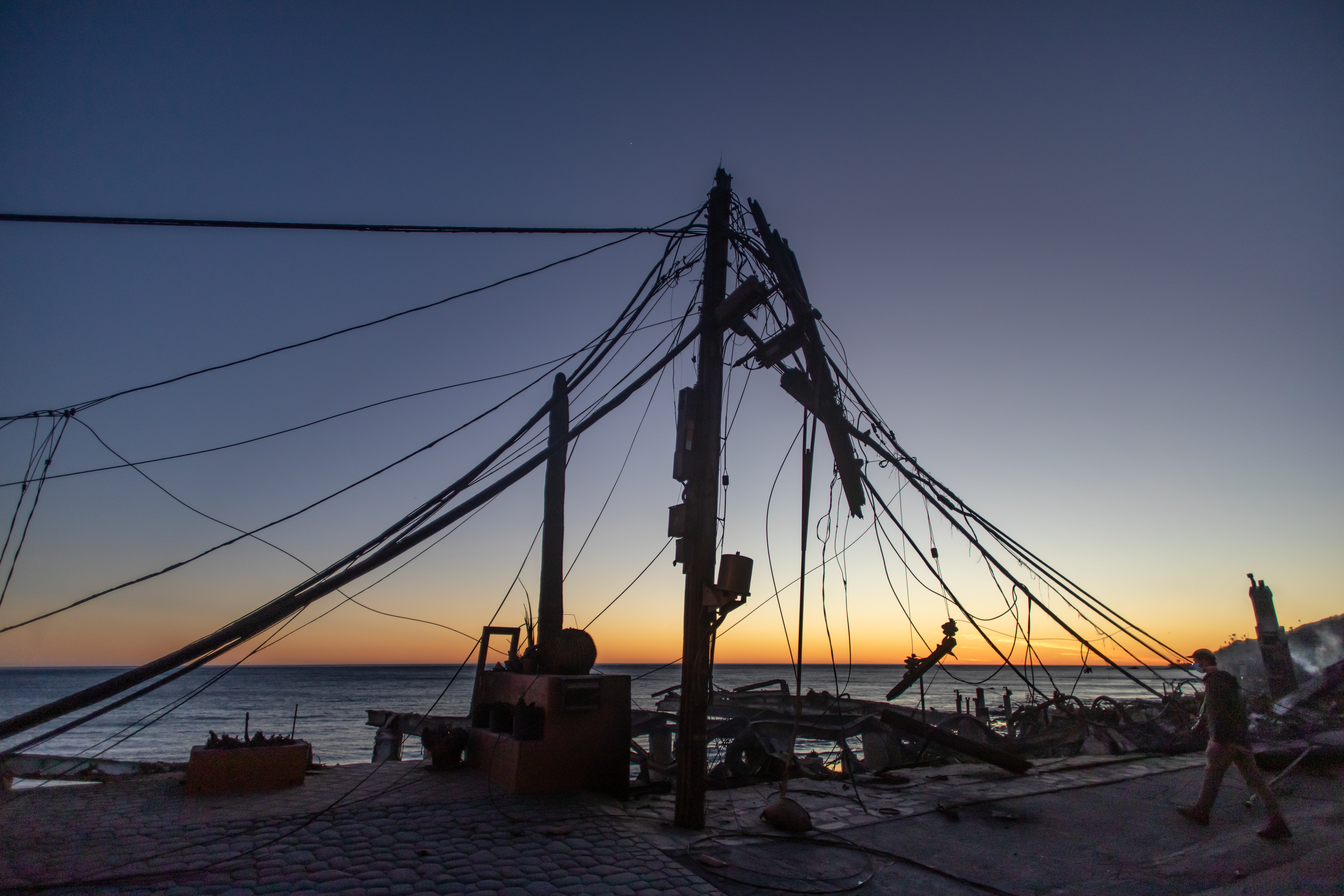Going back home to a land many have not haven’t seen since they were children seemed like an amazing adventure, but for some Deferred Action for Childhood Arrivals recipients, it opened old wounds of uncertainty and fear.
“We are sort of in a status of limbo because we are not really from here (Mexico). We can’t really think about building our lives here because it means leaving so much back home (in the U.S.),” said Eric Bautista, a schoolteacher from Riverside.
Bautista left Mexico when he was 7 years old. Twenty-one years later, he was part of an educational program this summer, designed by the California-Mexico Studies Center. The program uses the “advance parole” benefit of DACA to allow for travel back to a home country for humanitarian, educational, or employment purposes.
“Most of them had a deep, deep hole in their hearts and their minds, longing for returning home,” said Armando Vasquez Ramos, the program’s director and professor at California State University, Long Beach. “We are now passing 700 ‘Dreamers’ that have has this opportunity. It’s a lifechanging experience.”
Get top local stories in Southern California delivered to you every morning. Sign up for NBC LA's News Headlines newsletter.
“Coming here, I did hear people tell me, ‘Oh, you’re pocha?’ No, I’m Mexican. I was born here,” said Damaris Garcia, who lived most of her life in LA’s Pico Union neighborhood but was born in Mexico City. Her parents migrated with her to the U.S. 27 years ago.
Garcia is now a staff member with the program that brings a group of between 15 and 20 recipients from all over the U.S. to Mexico three to four times a year. The idea is to not only connect recipients with their culture, but also their family.
“When I go there, will I be able to belong there?,” asked Manuel Sandoval, a former project manager with SoCal Gas. He migrated to the U.S. from Jalisco 19 years ago with his parents.
Local
Get Los Angeles's latest local news on crime, entertainment, weather, schools, cost of living and more. Here's your go-to source for today's LA news.
“I just bursted out crying. It was really painful in a way, but I was really happy to be there,” Sandoval said as he shared touching videos of his reunion with his grandmother.
“Before returning, I left like an empty vessel, but I know that after experiencing everything … I am a different person,” Sandoval said. “I feel like I belong here (in Mexico) and belong there (the U.S.)”
It’s that ongoing struggle of uncertainty that has been rekindled in the minds of many of these DACA recipients, who for 11 years have waited for further action from Congress on their status in the U.S.
DACA was meant to serve only as a temporary policy, but Congress has failed to pass permanent legislative protections.
Now, the courts have frozen DACA with 580,310 active participants. The vast majority – 469,070 – come from Mexico, and the largest share of recipients (28%) lives in California.
It’s estimated more than 1 million migrants could be eligible for the program if it were open to new applicants.
“You think about the time, about the joy, about the good luck of being here and then you think, “What's next?’” said Bautista. “And how am I going to feel when I am at home with the regret of not having done certain things or the sad thought, ‘Maybe I will never come back?’ … the future is uncertain.”



